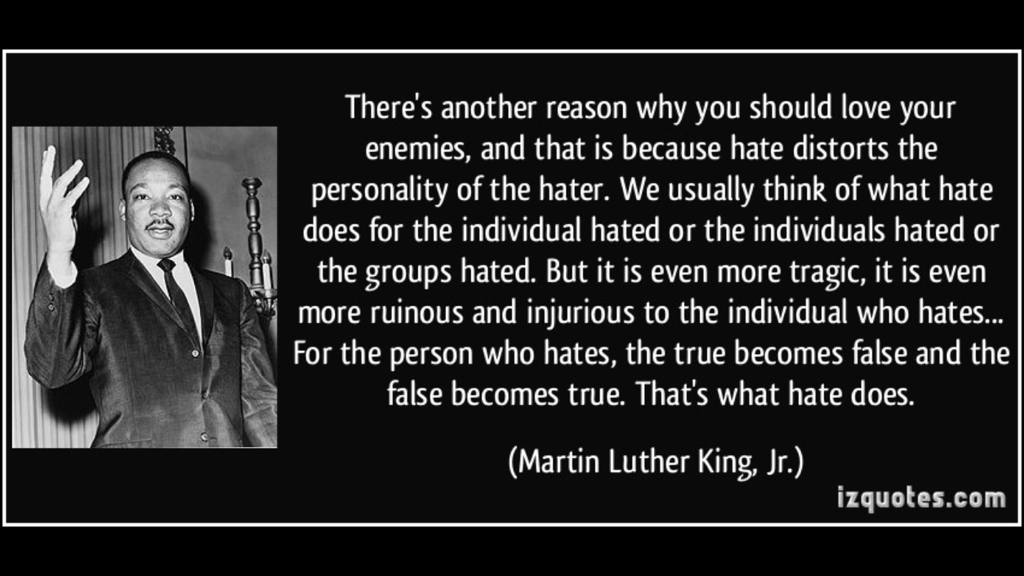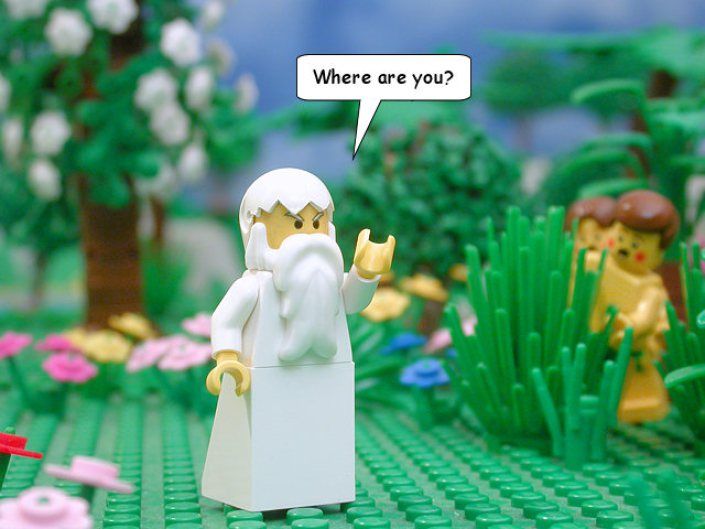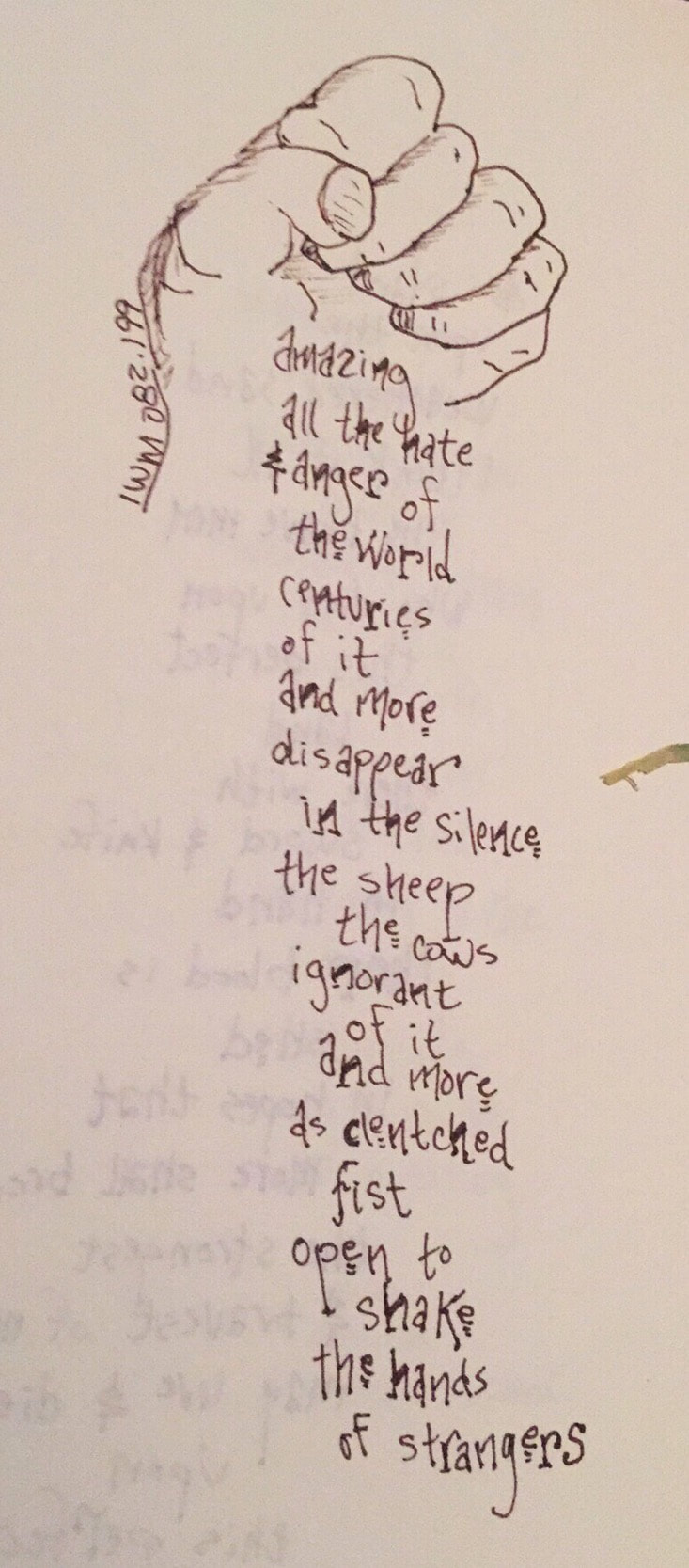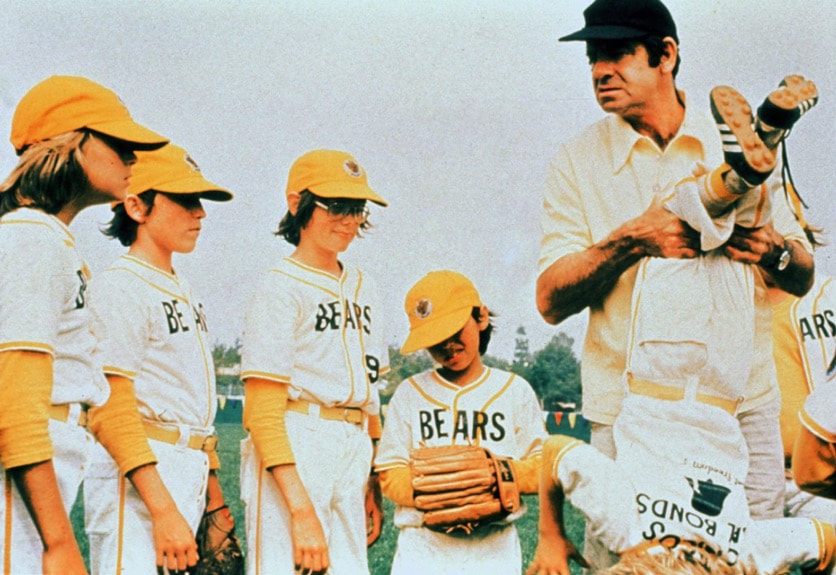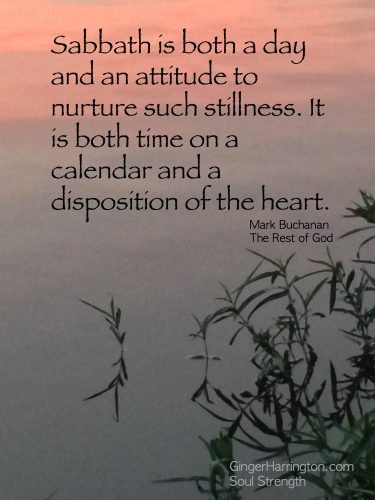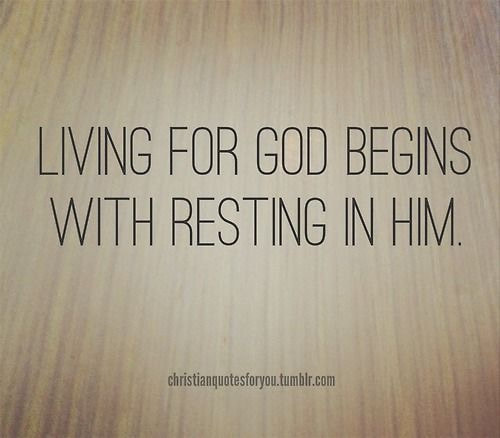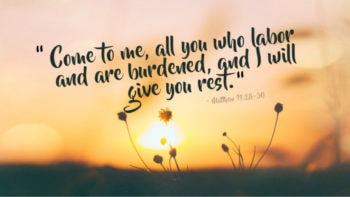|
If you want peace, work for justice. —Pope Paul VI
We must imagine what God’s peace and justice look like on this earth, and we must begin the work of crafting structures, institutions, human realities that are the antithesis to division, hate, greed and scarcity, that anticipate and cultivate justice and goodness and peace. —Jack Jezreel Our brokenness is also the source of our common humanity, the basis for our shared search for comfort, meaning, and healing. Our shared vulnerability and imperfection nurtures and sustains our capacity for compassion. --Bryan Stevenson Get over yourself and forgive them. --Someone who is smarter than me and even refuses to be named. Jesus’ basic justice agenda was simple living, humility, and love of neighbor. We all have to live this way ourselves. From that position, God can do God’s work rather easily. Unfortunately, even many who claim to follow Jesus have deviated from this path. In almost all of history, the vast majority of people understood the “view from the bottom” due to their life circumstance. Most of the people who have ever lived on this planet have been oppressed and poor. But their history was seldom written except in the Bible. --Richard Rohr
0 Comments
“A word of love can be the greatest act of love. That is because when our words become flesh in our own lives and the lives of others, we can change the world.” - Henri Nouwen
Jesus is the word made flesh. In him speaking and acting were one. Our life goal is to not just be the word of Christ in the world but to also see it and recognize it in others. Through both of these actions we can find greater love - one that transcends beyond our definitions and transforms us beyond the world as we know it. What then might this mean to you and the command to love the stranger, the foreigner, or simply a neighbor? Your words matter. Sometimes you have to be present whether you like it or not. To stand ready. As love.
And wait for the unexpected. It will happen. Just as love always does. The only way to really be ready is to be still and present. Whether you want to or not, you have to be there. In place of old wounds. Inhaling the stale breath of lingering venom. Words spoken long ago can still bite through flesh. Even when no one else is around. You got to be ready. As love. Sometimes you don’t get a choice. Not ever really. Because that’s what you do. As love. And you can’t close your eyes or plug up your ears. That’s not allowed. Resist the words stacked up in a mouth that must never open. You must be there. All of you. Anger. Resentment. Pain. Loss. Grief. Joy. Nerves. Jealousy. Fear. Welcome the other side of love. Each one being. Sometimes all at once. Clinging. Clawing. Crying. Which is why you must be present. As love. And nothing more. That is why you go. It’s what we do. That’s all. He sent them out two-by-two to heal and cast out demons. To be there. With them. Among them. As them. As him. Being. Present. As love. there’s more to this story than living with all the guilt and shame handed down by some ancient man and woman.There’s this game that new parents like to play with their toddler, and it is nothing less than ridiculous. I’m sure you’ve seen it or done it yourself – walk into a room and pretend you can’t see the young child sitting in plain sight. Each time mom asks, “Where’s my baby?” an uncontrollable fit of giggles ensues. Later, children take this game to their friends; only now it’s a bit more refined. One child will seek, and the others will quickly scatter to find the perfect hiding place. As the seeker counts down, the others try their best not to giggle or squirm…and blow their cover. For what often seems like eternity to those hiding, the seeker finally yells, “Ready or not, here I come!” and her mission begins. Looking behind trees and bushes the seeker calls out, “Where are you?” Those who are bold enough abandon their hiding place will make a mad-dash to home base trying not to get caught.
In Judeo-Christianity all the brokenness of the world can point their finger at this “original sin,” as it’s often called. What happened in the Garden of Eden is considered to be the cause of our falling away from God. As such, Jesus becomes the antidote that redeems us back to God. It doesn’t seem fair that one single action would make us all suffer and risk losing God’s love.
As songwriter David Bazan sings, “Wait just a minute, you expect me to believe, that all this misbehaving, came from one enchanted tree?” Perhaps there’s more to this story than living with all the guilt and shame handed down by some ancient man and woman. Just as any question requires an answer to be complete, when God asks, “Where are you?” we must ask ourselves: “How will I answer?” Perhaps then this story is more about humble faith than it is about human failure. We all have to make a conscious choice: to be faithful to God or faithful to one’s self. In theological terms, we are given “free will” which says we can choose God and thrive in the heavenly garden of life. Or we can to hide and toil through a hell of our own making. The choice is ours. Or is it? Old Testament scholar Walter Brueggemann jokes, “The serpent is our first theologian, who convinces humankind to trade obedience to God’s Word for a theology about God.” Instead of choosing to live faithfully and fully with our Creator, most humans and, let’s face it, most religions, prefer to play the creator, shaping God in our image so that we can live the way that suits our wants and needs. At the beginning of Genesis 3, the serpent is described as the “most crafty of all the animals created by God.” What does that say about free will if our creator also created our temptation? In ancient Near East culture, the serpent was often venerated as a god of fertility (beginning of life), and a god of immortality (everlasting life). Like we see in Genesis, the serpent was also regarded as wisdom. Freud called it ego. So here we have wisdom (ego) slithering into life (Eve) to convince humans (Adam) that we possess all the knowledge we need to be gods. The serpent invites us to cut out the middleman. With God out of the way, you can take control of your own life; do what you want, whenever you want. But it begs another question: who can save us when our ego’s clash…or worse, when they come crashing down? Today, with Humanism on the rise and more people identifying as having no religious affiliation, this serpent is thriving. (One needs to look no further than our own political leaders to see enmity between us and snakes.) Our ego has created a consumer driven culture that worships greed and believes materialism is heavenly and divine. But most people struggle to keep up. They find such belief leads to an endless hell – being consumed by the fires of debt, inequality, poverty and war. Religious organizations are not without guilt – shaping God as they see fit. They claim exclusive rights on God, and push out those who do not agree with them. This is “the lowest level of human consciousness,” writes Richard Rohr. “Religion that doesn’t transform your consciousness to one of compassion” does not lead us to a higher state of peace, or nirvana, or heaven itself. But it does make a great hell for those marginalized and pushed away. The choice is ours. The big story of the Bible is that Jesus came to reclaim us, all of us. And to refocus our attention on the One who made us in the divine image of God. Jesus did not come to start a religion. Nor did he ever say worship. Instead Jesus walked faithfully with God, rejecting his own ego for our sake. To follow him means to imitate his actions; to choose God instead of our own messed up, broken down self. I’ll admit when left to my own devices I tend to fall hard. I beg to hear God ask, “Where are you?” so I no longer have to hide from my actions, or stuff my shame down any further. There’s something freeing about leaving your hiding place to run home. Only then can God tag you and say, “I got you.” Eventually we all come to that place where the world no longer offers what our heart truly desires. Instead of joy and peace, you feel lost, abandoned, and emptied. You wake up realizing you no longer have what it takes to keep going. (Celebrities Kate Spade/Anthony Bourdain let their egos convince them that their disease was hopelessness.) You begin to recognize that the fruits of your own creation no longer satisfy you. And you are done hiding. You’re done holding onto the shame and guilt. No matter what the world or your own ego might tell you, you are never without hope. Jesus came and showed us the way home to God’s love and grace. We can choose to follow him home or stay where we are. Is there something going on in you that’s causing you to hide from God? Is there something you’re ashamed of or some guilt you’re still burdened by? Maybe you believe all the stuff you’ve done, or what has been done to you, is somehow unforgivable. It seems wisdom and ego cannot save you from these feelings. When God calls to the man and woman hiding, Adam not only gives up their hiding place but he also admits their guilt. He say’s to God here I am. And this is what I’ve done. Even though he passes the blame on to God, he still remains accountable to his action. While the couple is reprimanded, the serpent is the one that is cursed. This story is not about how we’ve messed up, but how we are forgiven, and loved. God is not walking around our gardens trying to catch us so we might be condemned. God is walking into our lives, asking us where we are, because God wants to be with us, play with us, and give us what our heart truly desires. God wants to love us unconditionally, even if our ego tries to convince us otherwise. God asks the question again and again, “Where are you?” How you will answer is up to you. Works Cited Bartlett, David L. , Barbara Brown Taylor. Feasting on the Word: Year B, Vol. 3. Louisville: Westminster John Knox, 2009. Bazan, David. "Hard To Be." Curse Your Branches. 2009. Bruggemann, Walter. Genesis. Atlanta: John Knox Press, 1982, pp.47-48. Jolly, Marshal. episcopaldigitalnetwork. June 2018. http://episcopaldigitalnetwork.com/stw/2018/05/07/where-are-you-pentecost-3b-june-10-2018/ (accessed June 8, 2018). Rohr, Richard. Immortal Diamond. San Francisco: Jossey-Bass, 2013. Today marks my last day of being the PE coach at my kids school. It’s a bittersweet moment because I have formed some wonderful relationships with the kids in spite of constantly complaining about them. Imagine forty childlike attention spans running wild like forty puppies on speed; not a single one listens and half seem to want to tell me what to do.
A more accurate picture would be to imagine walking into a beehive and trying to coral the bees into a chorus line. There was a sweet honey reward but you received a lot of sharp stings to get to it. You’re probably wondering what made me do it? Simple. No one else would. Like the Bad News Bears, someone had to do it whether they wanted to or not. (Although, in this great classic film, Coach Buttermaker got paid so I think my case is a lot worse. But I digress). A more coach-like pep talk might be said like this, “I saw a problem and decided to do something about it.” There’s truth to that statement. These kids had no Physical Education program, no sports equipment, and no exercise beyond running wild for an hour. Most of them, as I would learn to discover, would rather spend their hour sitting around exercising their thumbs on their cellphone. I saw a problem, and set out to find a solution...which apparently was me. Yes, I had never coached before, but I did endure many years of PE in my day. Yes, it took up some time: one hour out of one day each week. Yes, there were days it felt like eternity. And Yes, I quit a few times...easier to do when you’re a volunteer, and not a paid staff. I could literally pick up my ball and go home. I did exactly that one day. They hated the two weeks I was absent. What they didn’t know is I hated it too. I missed them. I behaved like a stubborn kid and threw a fit that would make them envious and jealous beyond words. I can’t imagine this is what Jesus meant when he said we have to become like children if we wanted to inherit eternal life. One day my son came home and handed me a note from one of the students. She was one of the “good” ones that listened and tried. She was apologizing for her behavior and she felt bad for hurting my feelings (which she never did). She asked if I would return. In the few sentences and misspelled words the frosty bitterness began to melt away. I recognized there was a problem (me) and had to figure out a solution to fix it (them). Then more notes came. And more apologies. I felt guilty, like perhaps I owed them an apology. Struggling over my pride and ego, I asked myself what would Jesus want me to do (even though I pretty much knew the answer). Long story short I returned to my post. Clipboard in hand and whistle around my neck. And now today is my last day. My own kids will be leaving this school. A different kind of heart break. God recognizes there’s a problem in creation, humanity isn’t thriving as thy ought. So God sent us a PE coach so to speak in the person Jesus. But more than just someone who will train us and strengthen us, or like me...scream and blow a whistle...God also sent a savior in the promised Messiah to lead us and to push us to make our personal and spiritual goals at living in Christlikeness. Thanks to Jesus we are no longer part of the problem. Instead we are invited to be a part of the solution.
Sabbath is a gift from God that allows the contemplative side of our humanity to be nourished so that we can flourish.Because the Bible is skewed in favor of Jesus, the poor Pharisees always seem like the bad guys. Even if they come off as being a bit pious or have a large stick up their…shirt, the Pharisees really are the good guys – the keepers and protectors of God’s law. They’ve been doing this for nearly 200 years, when Jesus shows up on the scene to tell them they got it wrong. He does not do this to be combative, but instead to remind them of their true calling, to make sure that God’s children understand and learn how to live in the Spirit the law written on their hearts, and not be enslaved to it– be it on the Sabbath or in the ordinariness of life. As Trish Warren writes in her book Liturgy of the Ordinary, “God is always forming us into new people. And the place of that formation is in the small moments of life.” Jesus knew this and practiced this well. Even though he was the Son of God, Warren argues, Jesus lived a pretty ordinary human life. He got hungry. He smelled after a long day at work on the construction site. He had to clip his toenails, wash behind his ears, and eat his vegetables even if he didn’t like them. Jesus was just like us. And as his followers, we are called to be just like him, even in ordinariness of our lives. We can make excuses about how busy we are, but I’m sure Jesus had a pretty busy calendar, you know with all the healing and preaching, and turning water into wine. Even on the most ordinary of days, Jesus remained a child of God, obedient and holy, loving and kind. Not only did he uphold the Torah law, but he also lived it out perfectly in every aspect of his life. Because of this, whenever the religious leaders confronted Jesus he could stand in their judgment and rightfully hold up a mirror up to their faces. What might we see if Jesus did that to us? Today’s reading is one of those encounters. The Pharisees judge Jesus because of what his disciples are doing – picking wheat. Who cares if you’re hungry, right? The Sabbath when the law strictly prohibited people from working on this special day. Rules are rules, and God’s rules can’t be broken. But Jesus’ disagreement with the Pharisees is not over something trivial- like plucking grain. It’s about the action of Sabbath rest itself, and its relationship to our everyday, busy lives. So what is it about Sabbath that is so special? You might know Sabbath law has a long history in Judaism, dating back to creation itself when God rested after making all this stuff. But as we read in Deuteronomy, it also spoke to the liberation of God’s people from over 400 years of slavery in Egypt where they were literally being worked to death. It’s hard to enjoy this magnificent playground if you’re dead. God handed Moses a law that required a day off from work to celebrate all God has done for us, his children. For six days you can work as long as you want on your budget report, but on the seventh close your Excel spreadsheet and take some time for sheer inactivity. Rest your body, recharge the batteries, and relax your mind so that you can find new solutions to old problems. Or spend time catching up with family and friends…in other words, Don’t Work Yourself To Death! More than a day off, Sabbath is also a time to be in God’s shalom, to dwell in God’s presence and find your spiritual peace. Sabbath is a gift from God that allows the contemplative side of our humanity to be nourished so that we can flourish. And grow closer to God. The Pharisees must have forgotten this as they criticized the disciples for feeding themselves. Again, this was a simple, mundane task, no different than brushing your teeth or making your bed. And only the hardest of hearts would see it as breaking an ancient, time-honored law. Jesus reminds the Pharisees that God gave us the laws, not to condemn us or enslave us, but to free us so that we can live in accordance to God’s righteousness. To get them to listen, Jesus tells the story of the mighty King David who fed his troops the sacred and holy bread of the Presence that only priest could eat. By claiming “the Sabbath was made for humankind,” and not the other way around, Jesus continues to reminds us that God gave us a day of rest so we would never forget the holiness of our own liberation and the sacredness of our restoration. We honor the day, not with busyness but with blessedness. Whenever we see Jesus and the Pharisees clash, we get a contrast between traditions and intentions. Jesus always draws a line between a religion that hardens hearts…and a gospel that opens hearts to the unbounded love and presence of God. This is our Sabbath. And this is how we celebrate it with each other. It’s not very traditional by church standards, but whenever we gather to worship or be with each other in Christ’s name we are taking rest from our busyness. It’s here, in these ordinary holy moments that we remember we are God’s children – not slaves to our labor, our paychecks, or the things we buy with the money from our toil.
From meeting with people, having honest conversations, putting in long hours at work, sitting in traffic, grocery shopping, volunteering at your kid’s school, or taking a moment to enjoy sheer inactivity - every aspect of our life has a purpose in God’s kingdom.
For it’s in these moments we find Jesus standing in our midst, holding up a mirror for us to look in, and reminding us how to fulfill the will of God with a joyful heart, and not merely observe it or check it off our to-do list. Work Cited Bartlett, David L and Barbara Brown Taylor, Feasting on the Word, Year B Vol. 4. (Westminster John Knox: 2007). Keller, Tim. http://qideas.org/articles/wisdom-and-sabbath-rest. (2015) June 1, 2018. |
Ian MacdonaldAn ex-copywriter turned punk rock pastor and peacemaker who dedicates his life to making the world a better place for all humanity. "that they all might be one" ~John 17:21“Prius vita quam doctrina.”
~ St. Thomas Aquinas (1225–1274) * “Life is more important than doctrine.”
Archives
June 2024
|
